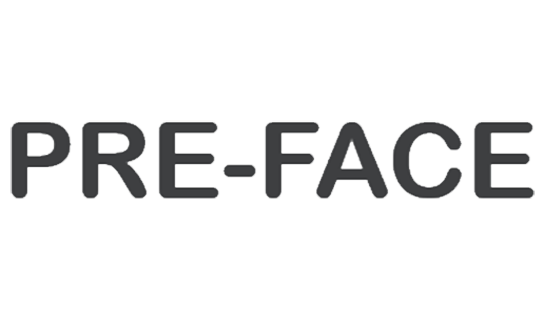On June 26th, EDUVIC hosted a webinar as part of the European project Hedera, co-funded by the Erasmus+ programme. The online event, held via Zoom, allowed professionals, educators, and students in the social field to explore in depth this innovative model of home-based family therapy.
The Hedera webinar was led by Nuria Molano (psychologist, family therapist, and technical coordinator of the project), Adela Camí (family therapist and general director of EDUVIC), and Javier Loyo (family therapist, implementation coordinator of the project, and director of the EDUVIC · Famílies area).
What was the webinar about?
The session included a detailed presentation of the Hedera project: its stages and the development of the intervention model from a theoretical and methodological perspective. The design of the applied research was also shared, along with preliminary results related to the profiles of therapists and participating families, and the experience of professionals who have carried out in-home interventions.
A valuable highlight of the session was the testimony of Ana Hernández, a family therapist and active member of EDUVIC’s team. Ana shared her first-hand experience conducting home interventions, highlighting how this approach fosters connection with families, allows observation of key family dynamics, and promotes change processes even in stagnant situations.
The session concluded with a space for questions and comments that proved especially enriching. The active participation of attendees allowed doubts to be addressed, professional experiences to be exchanged, and connections to be made between individuals interested in home-based therapeutic intervention. It was a meaningful moment to build a network among social field professionals from different regions.
The Project
The Hedera model offers a form of intervention centered on families’ everyday environments, with a strong relational and preventive focus. The next steps of the project include:
-
Completion of the empirical evaluation phase in September.
-
Publication of results.
-
Launch of external training courses for social professionals in October and November.
International Scope
In addition to the webinar promoted by EDUVIC, the partner organizations involved in the project —Caminante (France), La Bottega Dei Ragazzi (Italy), HoltIS (Romania), and Agintzari (Basque Country)— also organized similar sessions in their own regions. Thanks to these efforts, the Hedera model has reached a European audience, fostering a space for professional exchange and strengthening the project’s transnational dimension.
For more information, visit www.hederaerasmus.com and follow the project on Instagram @hedera.erasmus and LinkedIn (Hedera Erasmus+).








